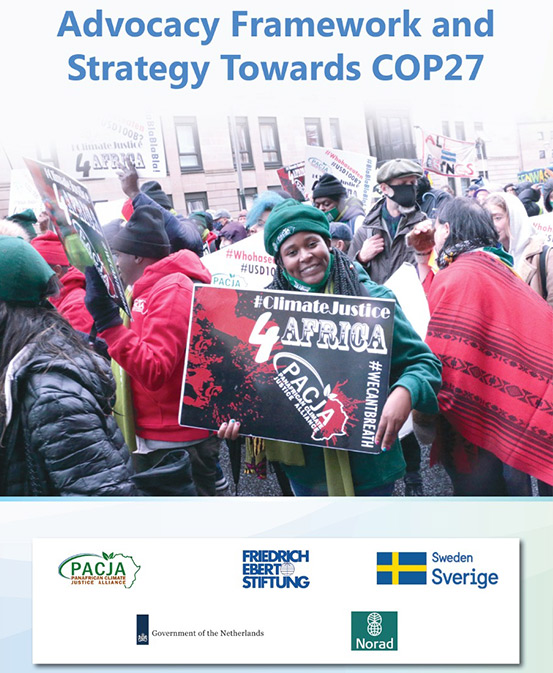Negotiations surrounding climate change funding have reached an impasse just months before the crucial COP29 summit. Developed and developing nations remain divided on the amount and distribution of financial aid needed to combat climate change, casting a shadow over November's international gathering in Azerbaijan.
The primary sticking point centers on the establishment of a new "collective quantified goal" (NCQG) for climate finance. This goal will replace the existing pledge of $100 billion annually from developed countries to developing nations – a target that was only met in 2022, two years behind schedule.
While all parties acknowledge the inadequacy of the $100 billion figure, significant disagreements persist. Developing countries argue for a substantial increase, with some estimates suggesting trillions of dollars are required to meet global climate goals. Developed nations, however, express apprehension about setting an unrealistically high target, fearing a repeat of the missed $100 billion goal and potential erosion of public trust.
Further complicating matters is the issue of responsibility. Developing countries emphasize the historical role of developed nations in greenhouse gas emissions and advocate for a larger share of the financial burden. Developed countries, on the other hand, point to the growing economic power of some developing nations and suggest a more nuanced approach to responsibility.
The slow progress in Bonn, Germany, where recent talks were held, has raised concerns among climate officials. UN climate chief Simon Stiell lamented the lack of breakthroughs and called upon government ministers to intervene and inject momentum into negotiations before COP29.
Beyond the immediate challenge of reaching an agreement on the NCQG, the funding impasse reflects a deeper tension within the international climate regime. Developed and developing countries hold fundamentally different views on fairness and responsibility, hindering progress towards a unified solution.
Bridging this divide will be critical for the success of COP29. Without a substantial increase in climate finance, developing nations will struggle to transition to cleaner energy sources and adapt to the inevitable impacts of climate change. This, in turn, could lead to a domino effect, jeopardizing global efforts to curb emissions and limit global warming.
The upcoming months offer a crucial window for countries to reconcile their differences and forge a new path forward. Failure to do so could have serious ramifications for the planet and highlight the limitations of international cooperation in tackling this existential challenge.

